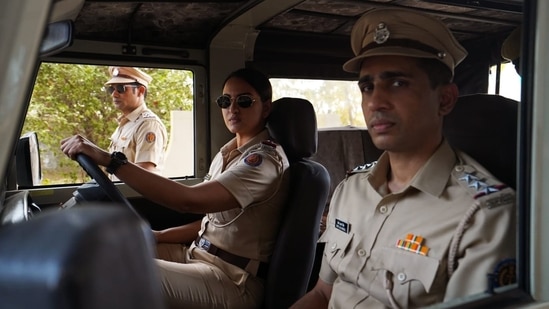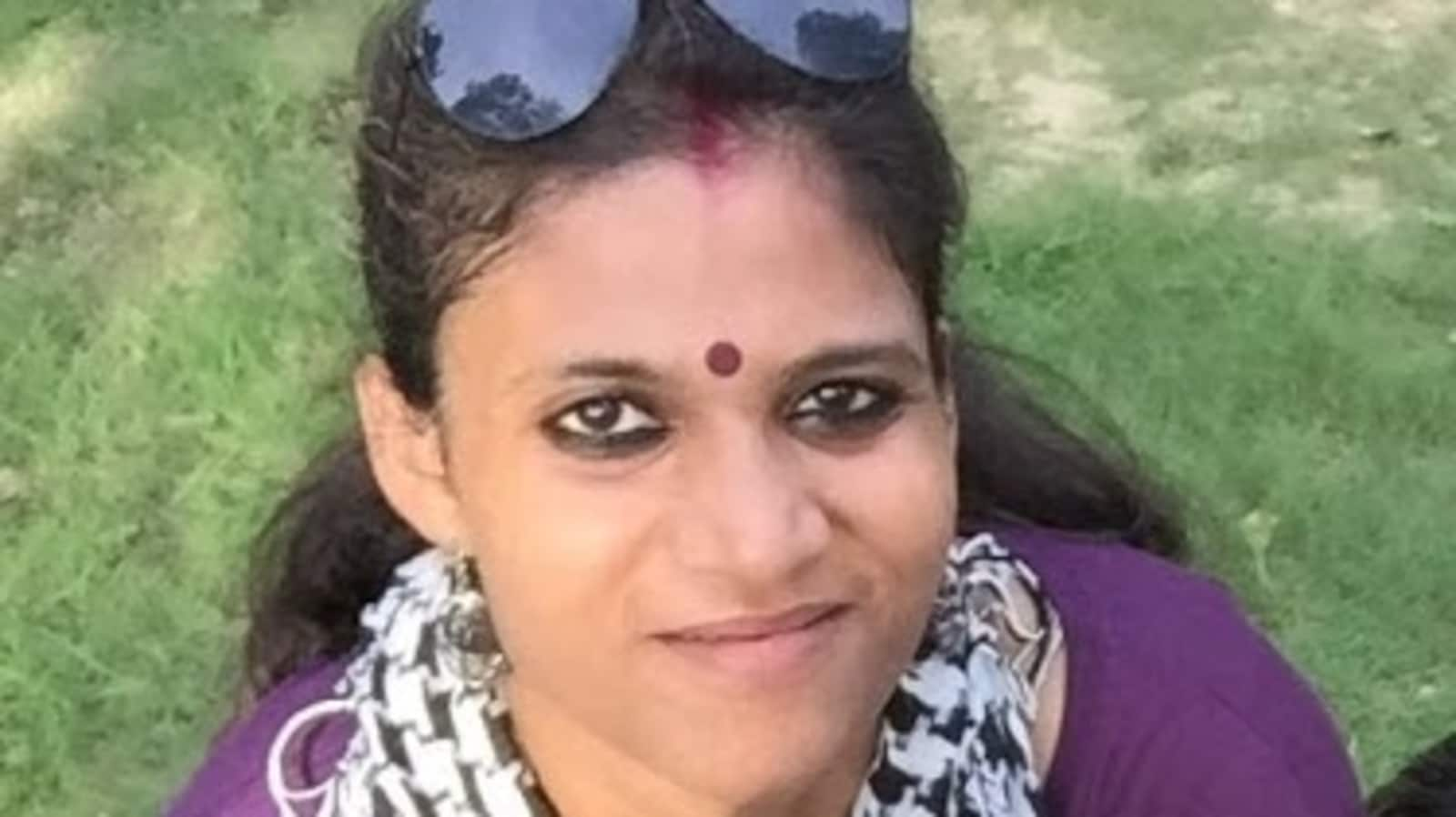Dahaad, Kathal and the story of missing girls
Women’s empowerment has been part of political discussion for decades and even popular culture has often cashed in on talking about women in the past few years. The situation of women may have improved over the years, but unfortunately, not all the development and empowerment has reached each and every woman and girl around us. Three Hindi releases in the recent past talk about missing women and girls in our country. While the films categorise the criminals by their yardsticks, one link binds them all — the emotional vulnerability of girls falling victim to such crimes. (Also read: Gulshan Devaiah jokes he’d like ‘Padma Bhushan, please’ for Dahaad)

Dahaad, Kathal, and The Kerala Story talk about missing girls. While one pins the blame on the skewed caste system of our society, another one narrows down on a religious angle and the third one simply avoids the reason for these missing girls.
The Kerala Story

Vipul Shah’s latest production narrows its focus to forced religious conversions. Neither does the film explore any other factor beyond religion nor does it talk about any other culprit in the entire system. When it touches upon the responsibility of a family raising better-informed women, it limits itself to religious teachings.
Dahaad

Headlined by Sonakshi Sinha, Dahaad traces an investigation of missing girls who fall victim to a serial killer. The serial killer targets young women, of marriageable age. Throughout the journey of this investigation, the show also highlights the role of society in making girls vulnerable.
Kathal

Sanya Malhotra’s comic film Kathal fleetingly mentions the missing girls and how the entire socio-political system makes it seem less important. In fact, the story shows that the case of two missing jackfruits is way above on the priority list, than the case of a missing girl. However, the film mostly avoids diving deep into gender politics.
Writer’s Vision
Dahaad creator and co-writer Zoya Akhtar also talked about the role of society in making women vulnerable. “Girls are groomed just to get married. Now if that marriage is not happening because society wants it a certain way, or you do not have the economics to have that marriage, girls end up feeling like a burden. So, then, they will take any escape route to avoid being a burden. That is all we were trying to say (with the show) simply put.”
In all these cases, the victims are emotionally vulnerable, young girls who trusted the wrong person and ended up in a dangerous situation. Why do they often trust the wrong one? Mostly because there is a lack of emotional support within their immediate family which is their circle of trust. The family is socially responsible for her well-being but it often treats girls like a burden (untill they are married off, to another family and are again treated as a burden). The girls are often made aware of the “privileges” they enjoy when they eat a well-balanced meal or avail education.
Numbers: Lost and Found
As per the NCRB Report 2021, a total of 33,743 girls between the age of 16 and 18 went missing in the year 2021 alone. Adult women (of 18 years of age and above) accounted for 2,05,937 missing persons in the year 2021 and a total of 1,44,458 adult women were traced while the rest remain missing.
Expert speak
Senior psychiatrist Dr. Jyoti Kapoor said that women are “generally treated as second-grade citizens” across cultures in the world. It majorly happens because emotions are often seen as vulnerability while physical strength is equated with bravery and courage. “Women have to prove themselves equal to men in strength, intelligence, time spent at work, and earning money while still taking care of family and children. This causes a constant state of stress, something that has become a subconscious aspect of being a female gender in a male-dominated society. Chronic stress thus leads to a number of physical and psychological issues which make women more vulnerable.”
She added, “Marriage and children have long been the final goal of successful women for ages, both in the West and the East. We have seen a shift over last two decades, but women are still not considered successful unless they are married and have kids. The expectation definitely affects their choices in education, career, place of employment, and social circles.”
Sociologist Santosh K. Singh added, “The portrayal of women as docile, submissive, and gullible is a prototype under any patriarchal setup. Such constructions imagine women as the second or the weaker sex. Despite all our claims of progress, women face a lot of challenges in public as well as in personal spaces. The disadvantage of the women doubles when it is the socially and economically marginal segments of society.”
Empowering women involves not only educating them, and making them financially independent. Instilling self-confidence, and a sense of entitlement to fundamental human rights is equally important, if not more. Cinema may not bear the sole responsibility of improving society, it does mirror society, and can also highlight the path towards much-needed change. Women with a better sense of self will always be better equipped to deal with people who hope to manipulate them with emotions.
For all the latest Entertainment News Click Here
For the latest news and updates, follow us on Google News.

